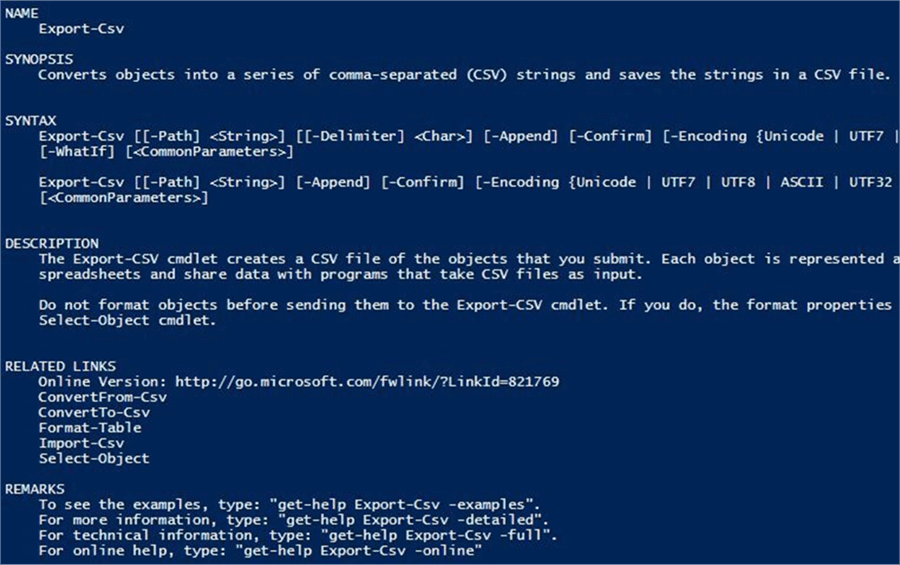
#How to list directory contents in linux free#
Feel free to leave a question or suggestion in the comment section. There could be some other ways to count the number of lines in a directory in Linux. If you don't want the files from the subdirectories, limit the scope of find command at level 1, i.e. With -type f you tell the find command to only look for files. If you want to count the number of files in a directory, use the find command to get all the files first and then count it using the wc command. The evergreen find command is quite useful when it comes with dealing with files. If you want to get the number of files in current directory only, exclude the subdirectories, you can set the level to 1 like this: tree -a -L 1 Method 3: Use find command to count number of files in a directory tree -aĪs you can see, the last line of the output shows the number of directories and files, including the hidden ones thanks to option -a. The script could look like this for a bash shell: /bin/bash ls -l 1 > contentsOfDir. contentsOfDir.txt will dump the ls command into the contentsOfDir.txt in your current directory. If we use ls command without any arguments it lists the files and directory in the current working. 4 Answers Active Oldest Votes 2 You could easily put the output of a script into a file using > For example ls /tmp >. We will learn about this command in detail with the available options and examples. This is the most commonly used command that every Linux user uses. You can use the tree command for displaying the number of files in the present directory and all of its subdirectories. In Linux, to list out all the files of a directory or subdirectory, we can use ls command. Method 2: Use tree command for counting number of files in directory The wc command then counts all such lines. The grep command only displays the lines that do not have / at the end. You then use pipe redirection to parse this output to the grep command. To list files in a Linux or Unix command line, use the ls command, as shown below. List the files in a Linux and Unix directory. PowerShell can also use the ls and gci commands to list files in a different format.

#How to list directory contents in linux windows#

You can use -A option with the ls command to list hidden files but leaving out. The above command will count all the files and directories but not the hidden ones. The simplest and the most obvious option is to use the wc command for counting number of files.

Method 1: Use ls and wc command for counting number of lines in directory In this quick tutorial, you'll learn various ways to count the number of files in a directory in Linux. How do you know how many files are there is a directory?


 0 kommentar(er)
0 kommentar(er)
